Deep Cuts and Conversations discusses music from the past and soundtracks
February 14, 2021
Deep Cuts and Conversations’ first session of the semester was hosted by Bakersfield College’s Levan Center via Zoom on Feb 10.
Deep Cuts and Conversations is an open discussion about music with three hosts; Josh Ottum, Kris Tiner, and Reggie Williams. The theme of the discussion was, “a blast from the past,” and the impact of music soundtracks used in TV and film.
Ottum, a music professor, started the conversation by saying what “blast from the past,” meant to him.
“Blast from the past to me evokes nostalgic memories,” he stated. “Kind of something you might have had a relationship with in the past.”
The movie, “Stand by Me,” was also brought up by Ottum who explained the
soundtrack was nostalgic for him. He said the songs helped him be in touch with the past, even though he was not alive.
“Mr. Lee” by The Bobbettes was then played to give the idea that the sound, or timbre of a song is a reminder of the past.
“We connect warm feelings of nostalgia and history and memories to music that’s old or predates us,” said Tiner, an associate music professor. “Josh and I, cause we grew up in the ’80s, can feel nostalgic when we hear music from the ’50s.”
Ottum explained that each time period had a certain sound to them and are therefore identifiable by that sound. The Weeknd, a music artist, and his experimentation with the sound associated with the ’80s is brought up. Even though released recently, Ottum said his songs have the nostalgic feel of the ’80s because of their timbre.
The conversation then shifted to how music sets the scene in many mediums, such as television and film.
“There’s a strong connection between sound, music, and color,” Tiner stated.
Tiner played two different versions of the television show, “Different Strokes’,” theme song to convey his point. The original song has a more happy tone and makes the show seem lighthearted and the other had a more eerie feel to it, now making the show feel like a horror show.
Williams, a philosophy professor, explained how music composers work with scenes they are given and make a soundtrack that helps convey the feelings of that scene.
“Film score composers are incredible,” Williams said. “They’re given the entire film edited –and sometimes not even fully edited yet– and have it with nothing but dialogue and images and write the songs from the ground up.”
They then discussed how music can be considered a different set-piece because of how it shapes the scenes it is used in.
“The music tells you what is really happening,” Tiner explained. “The music is like the trustworthy narrator. It’ll tell you what exactly is going on and how you should feel.”
Deep Cuts and Conversations’ next session will be on March 10 from 12:30 to 1:30 p.m.


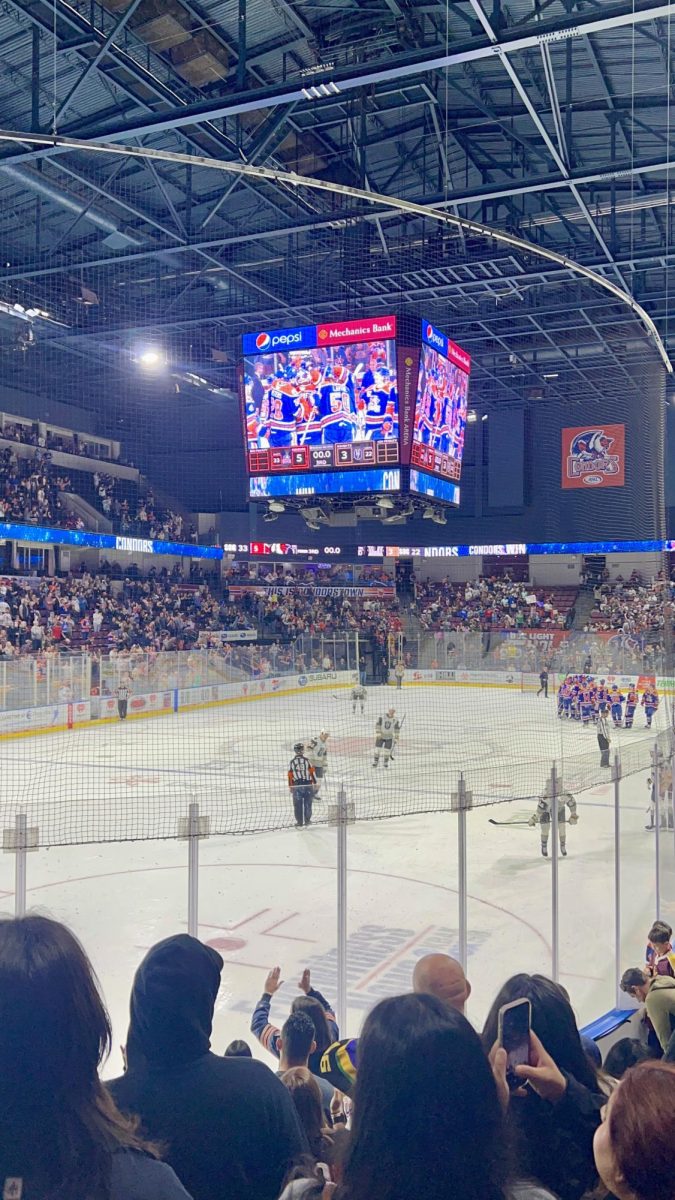



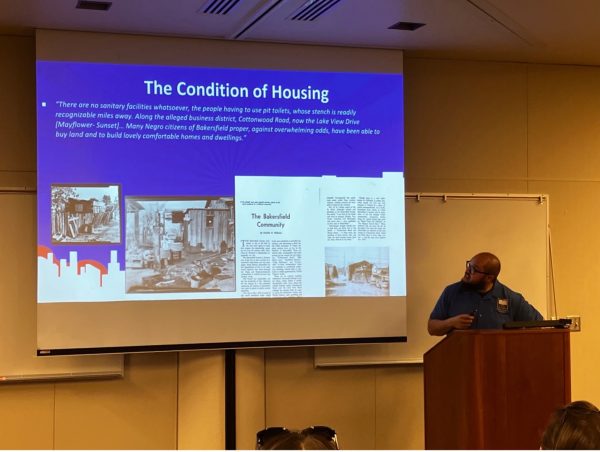
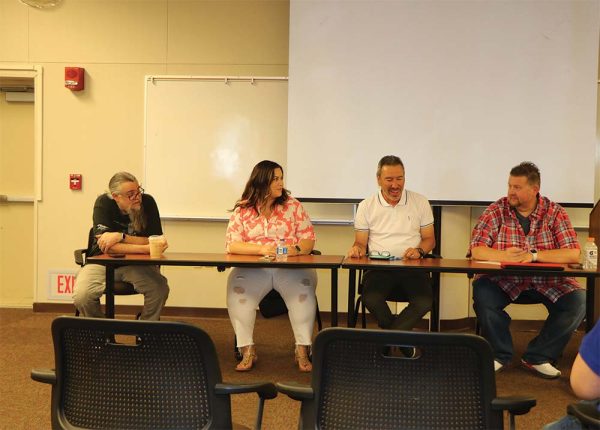

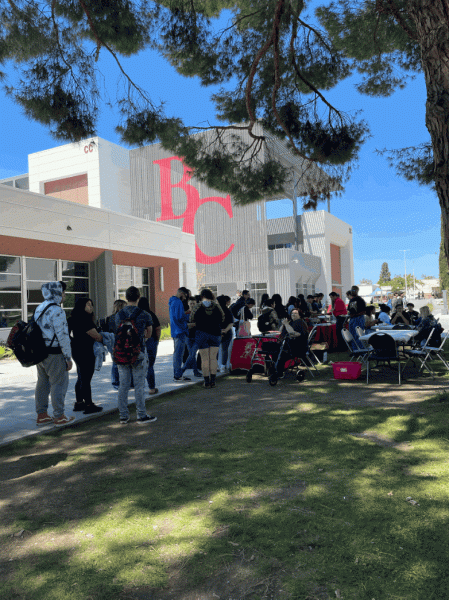

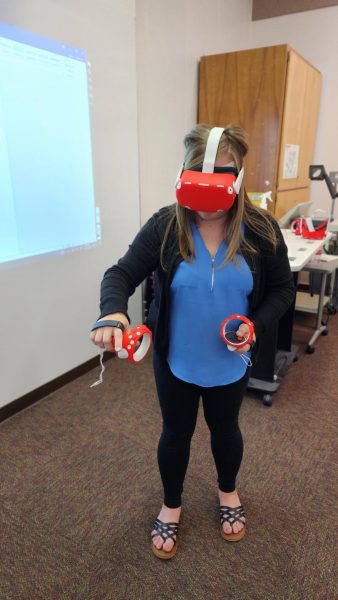
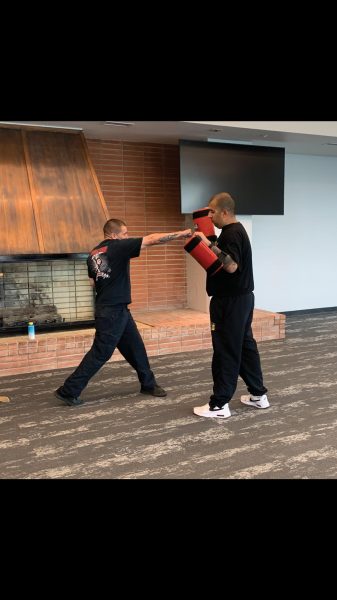
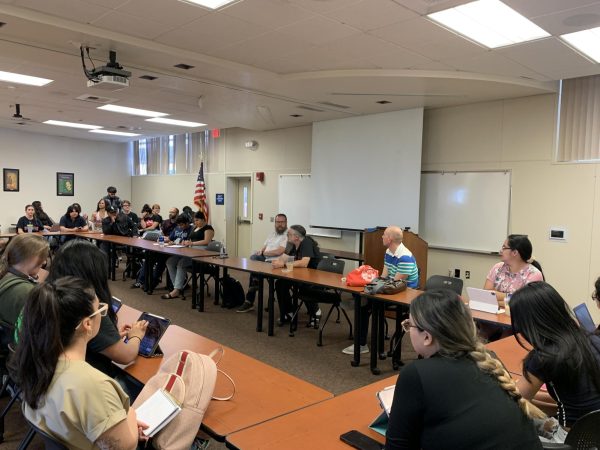
not rani • Mar 2, 2021 at 8:53 am
ive never watched any of these but cool article. 10/10.